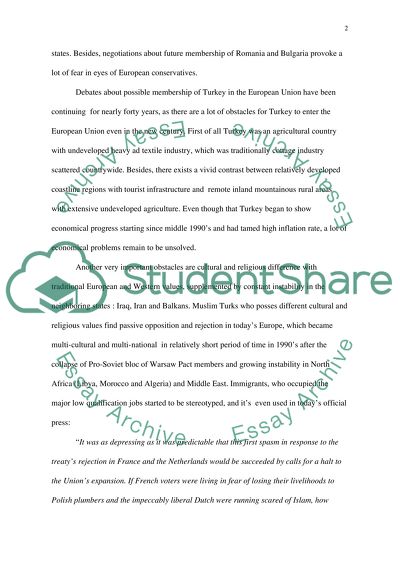Cite this document
(“Politics of interdependence Essay Example | Topics and Well Written Essays - 1750 words”, n.d.)
Politics of interdependence Essay Example | Topics and Well Written Essays - 1750 words. Retrieved from https://studentshare.org/law/1514737-politics-of-interdependence
Politics of interdependence Essay Example | Topics and Well Written Essays - 1750 words. Retrieved from https://studentshare.org/law/1514737-politics-of-interdependence
(Politics of Interdependence Essay Example | Topics and Well Written Essays - 1750 Words)
Politics of Interdependence Essay Example | Topics and Well Written Essays - 1750 Words. https://studentshare.org/law/1514737-politics-of-interdependence.
Politics of Interdependence Essay Example | Topics and Well Written Essays - 1750 Words. https://studentshare.org/law/1514737-politics-of-interdependence.
“Politics of Interdependence Essay Example | Topics and Well Written Essays - 1750 Words”, n.d. https://studentshare.org/law/1514737-politics-of-interdependence.


